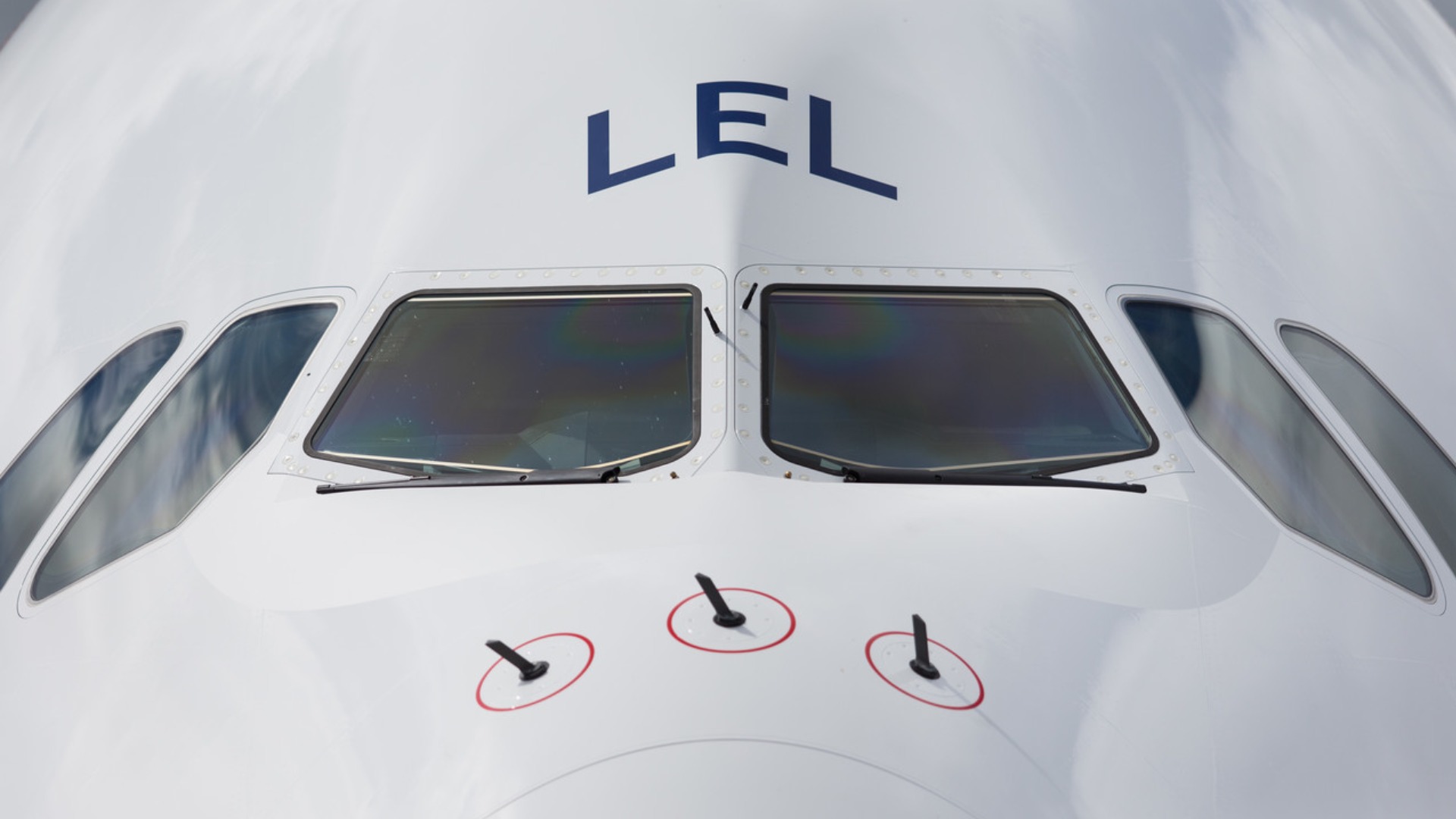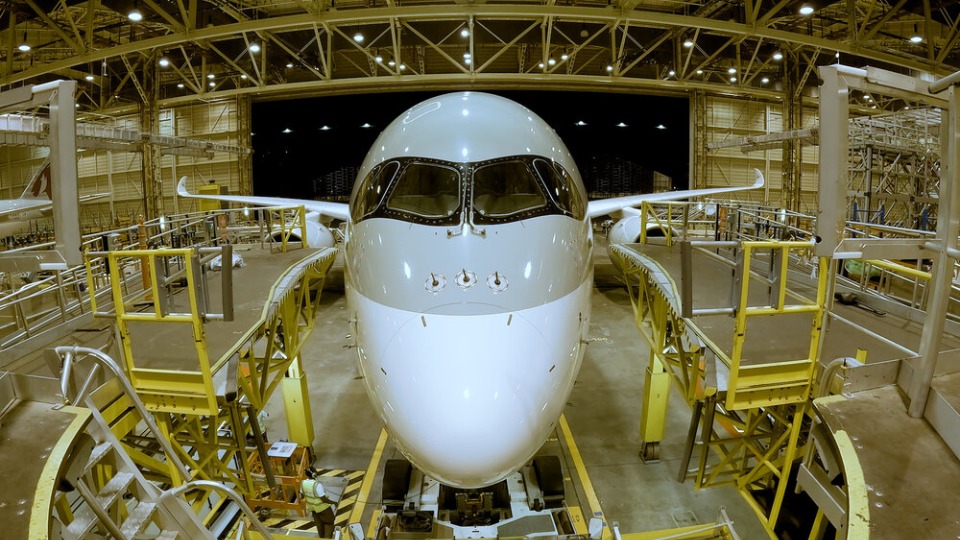
British Airways Advances with Predictive Automated Maintenance Reporting

British Airways adopts E-Logs for predictive maintenance, enhancing efficiency and reducing paper use.
British Airways is revolutionizing its aircraft maintenance strategy with the implementation of a state-of-the-art engineering system, the E-Logs platform. This innovative approach utilizes real-time data analytics to predict and promptly address maintenance issues, aiming to significantly enhance operational efficiency and reduce delays. By shifting from traditional paper-based logs to a fully automated, digital system, the airline expects to save over 900,000 pieces of paper annually, underscoring its commitment to environmental sustainability.
The E-Logs platform will monitor the performance of the airline's entire fleet of 270 jets in real-time, enabling the immediate identification of potential issues. This proactive maintenance approach not only minimizes aircraft downtime but also streamlines the logging process for pilots and cabin crew, making it far more efficient to report and address issues.
Andy Best, Chief Technical Officer at British Airways, emphasizes the role of cutting-edge technology in maintaining the airline's high service standards and safety focus. The digital transformation facilitated by tools like the E-Logs system is central to British Airways' strategy to enhance aircraft reliability and customer satisfaction. By automating maintenance logs, the airline enables faster data transfer and communication between flight crews and ground engineers, ensuring quicker turnaround times and the ability to anticipate and rectify faults before they impact operations.
This digital overhaul is part of British Airways' ambitious £7 billion investment plan aimed at transforming every aspect of its operation. The plan includes leveraging advanced technologies such as machine learning, automation, and artificial intelligence to improve various customer touchpoints, from booking to baggage handling. This strategic investment is set to reduce cancellations and delays significantly, marking a shift towards tech-driven solutions that optimize efficiency and enhance the overall customer experience.









